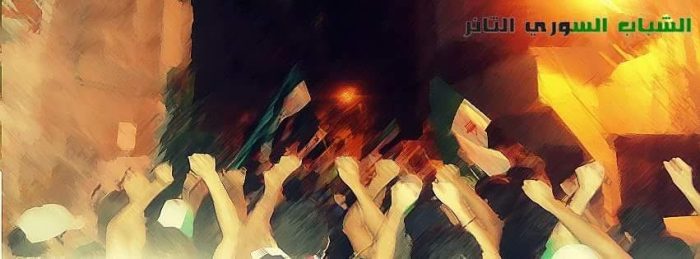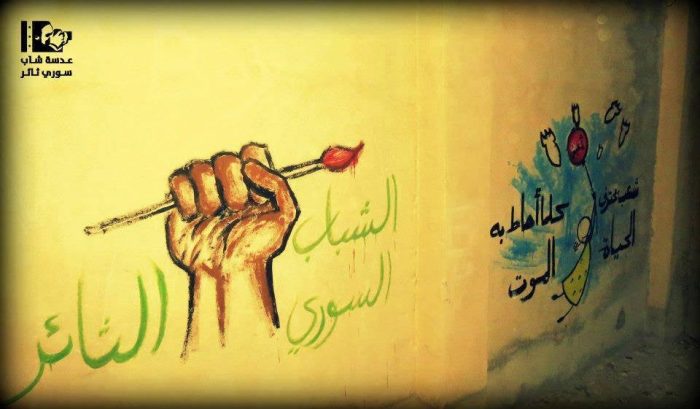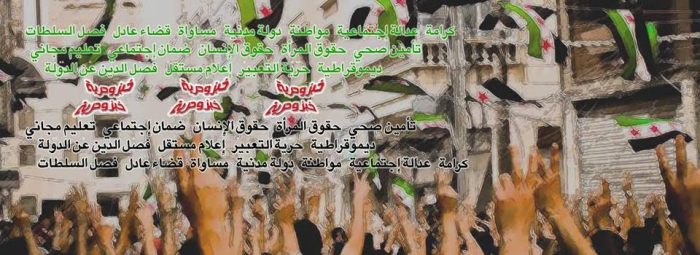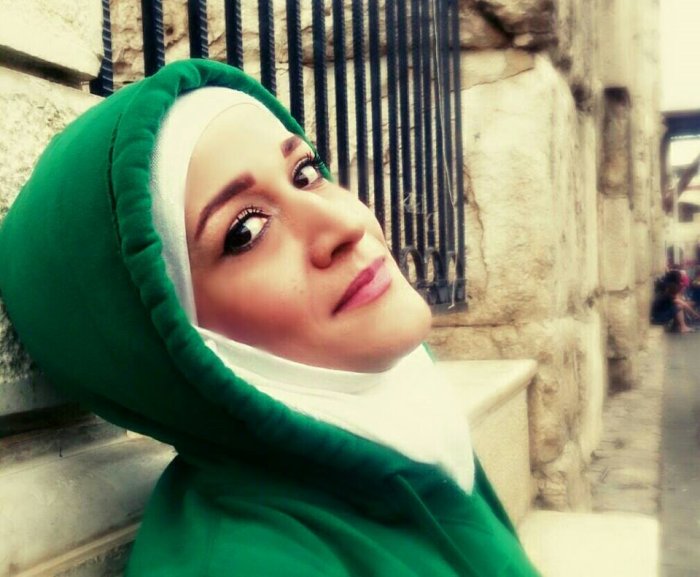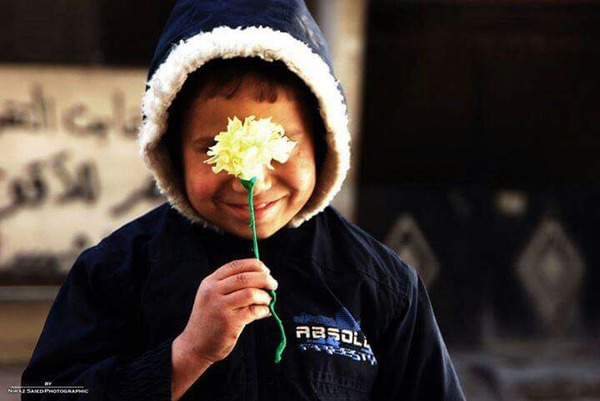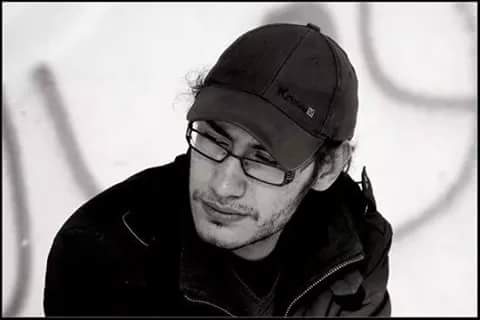
The world is a heap of people, a sea of tiny flames.
Each person shines with his or her own light. No two flames are alike. There are big flames and little flames, flames of every color. Some people’s flames are so still they don’t even flicker in the wind, while others have wild flames that fill the air with sparks. Some foolish flames neither burn nor shed light, but others blaze with life so fiercely that you can’t look at them without blinking, and if you approach you shine in fire.
—Eduardo Galeano, The Book of Embraces (Translated by Cedric Belfrage with Mark Schafer)
Have I ever told you, dear Niraz, that you are one of those flames that blazes with life so fiercely that it overpowers anyone who approaches with warmth and spark? I took your presence for granted, perhaps, and forgot to tell you how fortunate, how immeasurably privileged, I have been to approach your fueguito, your little flame, to listen to you, to call you my friend and my compañero.
An award-winning photographer based in Yarmouk, you’ve become known for capturing with your lens the daily life in the besieged refugee camp, the stories of people, their struggle for survival, their fears, dreams, and the small details that often go unnoticed. Your photo, “The Three Kings,” won the first prize in a photography contest organized by UNRWA, and you co-directed a film about Yarmouk Refugee Camp. I was supposed to interview you about the film, life inside the camp, and what it’s like to be a non-white “war photographer” and live under siege. But what started out as an interview via Skype on that lovely November afternoon, turned into a conversation about Palestine, Syria, the left, your accent, our mutual friends, and our shared frustrations. In 1948, your grandparents were displaced from the ethnically-cleansed Palestinian village of Awlam near Tiberias. Awlam is today completely destroyed but its beautiful spring remains, and you talk about it as if you’ve been there and tasted its water. My grandmother used to herd the sheep near Awlam in the 1950s, and she knows the spring, too. She relishes her memories there. Zionists denied you the right of forming your own physical memory in Awlam, but they couldn’t strip you of your connection and belonging to the village.
As our interactions became more frequent, your energy, passion, and kindness became all the more astounding. I’d add that your courage was tremendous, too, but you would refuse to call yourself courageous. You would mention your love of Víctor Jara, Eduardo Galeano, and Ghassan Kanafani. And when you spoke of Yarmouk, you’d make those of us who’d never been inside the camp feel that we also knew every corner, and that we, too, played football on its streets. “The camp is the essence of the Palestinian story,” you’d proclaim, even while sensing that the camp you knew so well wouldn’t ever be the same.
“Yarmouk as we know it is gone forever,” you said back in November 2014. “It is either heading towards complete decimation or becoming an Islamic emirate.”
While you tried to remain positive, it was getting increasingly harder not to be grim.
And we, Palestinians inside Palestine, failed Yarmouk and its people. We did not speak out against the siege and shelling loudly and strongly enough; we did not genuinely treat the plight of Syria’s Palestinian camps as an inseparable part of the Palestinian cause; we did not support the people of Yarmouk the way they have supported us during every single Israeli attack and incursion. And many of us only started caring when Islamic State fighters stormed the Camp, and when it was too late to care.
You were among those forced to flee the camp when the Islamic State occupied much of it in April 2015. “I’m sure that life will finally do you justice, that you will finally get the chance to reunite with Lamis, your fiancée,” I assured you. You smiled. Your smile a little flame, blazing with life, lighting the universe.
But does it make any difference if I say that now? Will my words make it past the borders and barbed wire, the checkpoints and sniper towers, the walls and the guards, and somehow reach your cell? Is there room on the walls of your windowless prison cell for one more scribble and one last desperate supplication?
Can you hear us? Amid the screams of tortured detainees and squeals of starving inmates, can you hear us?
Amid the shouts of guards and curses of interrogators, can you hear us?
Can you hear the tremor in the hearts of those who love you and their collective heartbeat? There are countless hearts, Niraz, pounding and fluttering and shaking at the very possibility of one more crumb of information about you. There are countless stretched arms, dearest Niraz, waiting to be wrapped around you, to hold onto you, to keep you strong, to make sure you never feel alone, forgotten or abandoned.
Can you feel us?
And if all voices drown and all words evaporate, you cannot fail to spot Lamis’ voice. She counts on the strength and ferocity of her love to protect you. She does not have the wings of an angel to carry you to freedom, but she has never stopped believing, or at least she refuses to stop believing in your salvation. She writes to you every day and once you are released, she will read her letters to you out loud, and you will probably feel them to be familiar. Lamis refuses to utter the word “if” when she refers to your release. For her, it’s always “when.”
“When Niraz gets out, we will do this and that,” she always says.
But doubts may be setting in.
On 2 October 2015, over two years ago, Syrian security forces took you without warrant or explanation. You survived years of siege and shelling in Yarmouk, but you were taken from a place you thought was safer.
During the first few months of your detention, not a day would pass without reassurances. Your release is a question of days or weeks at worst, Lamis was repeatedly told, but it was not supposed to take long. More than two years later, we don’t know whether you are alive or dead. Dead? Did I even contemplate this word?
Hope is a revolutionary act, some say. Despair is betrayal, too. I refuse to relinquish hope and so does Lamis, but your ongoing absence is stretching our capacity for perseverance to its very limits. You have now joined the ranks of Syria’s disappeared: the tens of thousands of women and men hidden somewhere by Syrian security forces without leaving a trace. Writing “tens of thousands of disappeared” is heavy enough. Thinking about the faces behind this figure, the horrifying fate awaiting them, the anguish, helplessness, and alienation that their families and loved ones are condemned to, is even more suffocating.
Dear Niraz,
Before fleeing Yarmouk, you reiterated that if you could choose between dying under shelling, or dying under torture in prison, you would choose the former. I could offer no appropriate response except to think that people in Syria deserve a more humane diversity of choices. They deserve to think where and how they want to live, not by which means they prefer to die. And it is this utter inhumanity of choices and the breathtaking standards of brutality to which Syrians are subjected that makes me, unconsciously, wish for a more “conventional” punishment. The cruelty of forced disappearance makes me hope that Syrians would just be put on trial. It doesn’t have to be a fair trial and the conditions in jail can be awful, but if only we could have access to them, know where they are being held, and be able to actually protest their arrest even if this protest were futile.
Unconsciously, and with a massive sense of guilt, I am now treating imprisonment as a relative blessing when contrasted with forced disappearance.
Do you see how much we have been distorted, Niraz? Imprisonment is inhuman; detention is inhuman; physical torture is inhuman; psychological torture is human, and no such thing exists as “regular” imprisonment. We should never allow oppressors to put us in a place where we prefer one form of cruelty and repression over another.
But if only you would give us a sign, Niraz. Give us a sign that you are still alive, that you can hear us, that you can feel how much we yearn to you.
We will cope with the burden of waiting; we will resist the inclination to normalize “conventional” punishment and repression; we will continue to dig holes through the walls of silence and complacency until they collapse, but give us a sign so we can exorcise our doubts.
I owe you a cup of coffee on the steps of Damascus Gate and a long walk around Jerusalem’s Old City, remember? I will never be tired of waiting for the day I can fulfill this promise. Stick to your promise to us and cling to life, for there are more beautiful and more just days ahead. For you, for Lamis, and for all of us.
**********
They’re out there somewhere / all assembled
disassembled / bewildered / voiceless
each seeking the others / seeking us
hemmed in by their question marks and doubts
with their eyes on the ironwork in the plazas
the doorbells / the shabby rooftops
sorting through their dreams / forgotten memories
perhaps recovering from their private deaths
no one has told them yet for sure
if they’re gone for good or not
if they’re banners now or tremors
survivors or prayers for the dead
they see trees and birds go by
and wonder which shadows are theirs
when they first started disappearing
three five seven ceremonies ago
disappearing as if they were ghosts
with no trace or face or good reason
they glimpsed through the window of their absence
what was left behind / that scaffold
of embraces sky and smoke
when they first started disappearing
like the oasis in a mirage
disappearing with no last words
they still held in their hands the pieces
of things they loved
they’re out there somewhere / in the clouds or a grave
they’re out there somewhere / of that I’m certain
in the dear southern reaches of my heart
it may be they’ve lost their bearings
and now they wander asking always asking
where the fuck is the road to true love
because they’re coming from so much hate
—Mario Benedetti, The Disappeared (Translated by Louise B. Popkin)

